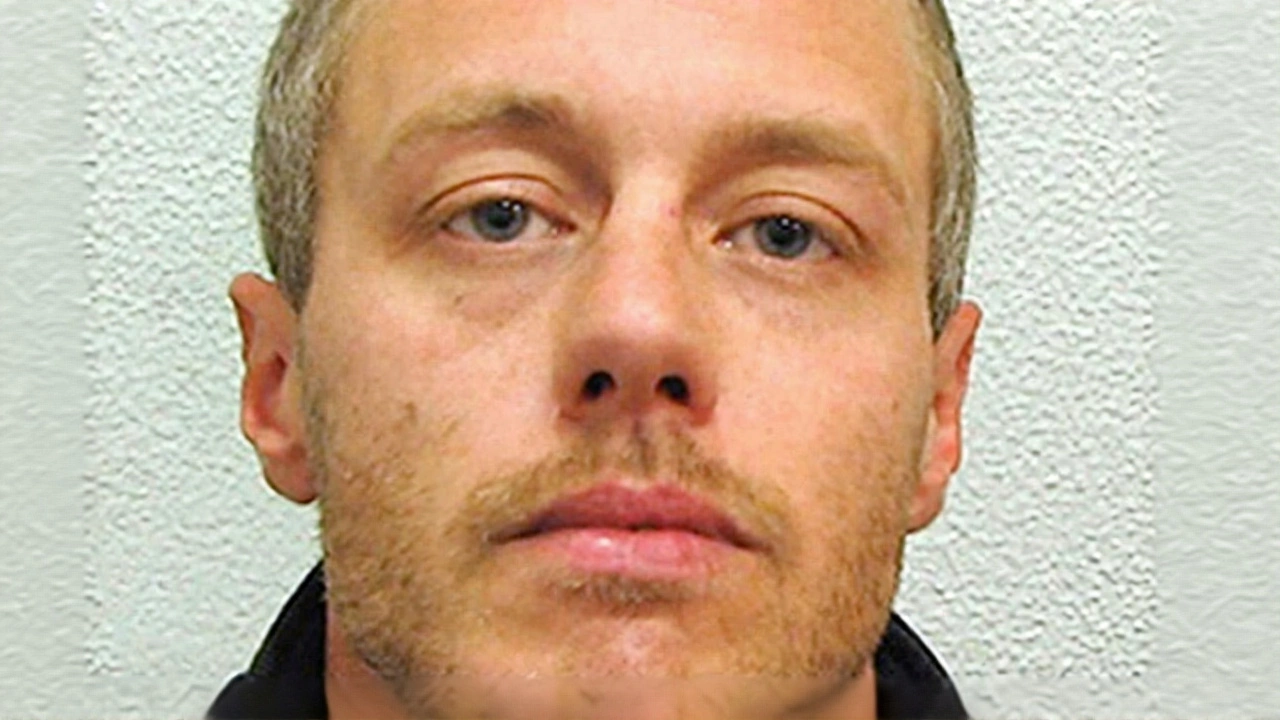
David Norris seeks parole, won’t name Stephen Lawrence accomplices
David Norris, convicted for Stephen Lawrence's racist murder, seeks parole in 2025 but refuses to name other attackers, sparking family outrage and legal debate.
8 Oct 2025When talking about parole, the legal process that lets a prisoner leave prison early under strict conditions. Also known as conditional release, it bridges the gap between full incarceration and total freedom. Parole isn’t a free pass; it requires the offender to follow a set of rules, report regularly to a supervisor, and stay out of trouble. The decision comes from a parole board that weighs the inmate’s behavior, the nature of the crime, and the risk to the public. Probation, a community‑based supervision system that can follow or replace parole often works hand‑in‑hand with parole, providing a structured environment for the person to rebuild their life. Rehabilitation, programs that address addiction, mental health, and job skills supplies the tools needed to stay on the right track. When these pieces click together, recidivism, the tendency of former inmates to reoffend drops, making communities safer. In short, parole encompasses conditional freedom, requires compliance with supervision, and depends on rehabilitation to lower recidivism rates.
One of the biggest boosters of a smooth parole transition is probation, the ongoing oversight that includes regular check‑ins, drug testing, and sometimes electronic monitoring. This oversight isn’t meant to punish; it’s a safety net that keeps the parolee accountable while giving them space to find work, housing, and support networks. Successful cases often include vocational training, counseling, and community mentors—core elements of rehabilitation, targeted services that address the root causes of criminal behavior. Studies from the UK Ministry of Justice show that participants in intensive rehab programs are up to 30% less likely to reoffend. The criminal justice system, which sets the legal framework, also plays a role by offering alternative sentences, expanding parole eligibility, and encouraging restorative justice approaches. When the system, supervision, and personal growth programs align, the odds of violating parole drop dramatically.
Challenges still pop up, though. Media stories about high‑profile incidents—whether a celebrity’s personal news or a tragic sports accident—can skew public perception of parole, making it seem riskier than the data suggests. Those misconceptions often lead to stricter policies that limit parole options, which in turn can increase prison populations and strain public resources. For parolees, knowing their rights—like the right to legal counsel during a parole hearing or the right to appeal a violation—helps them navigate these rough patches. Keeping an eye on community support, staying honest with supervisors, and tapping into rehab resources are practical steps anyone on parole can take. Below, you’ll find a mix of stories that touch on these themes, from personal announcements and safety concerns to broader debates about the criminal‑justice landscape.

David Norris, convicted for Stephen Lawrence's racist murder, seeks parole in 2025 but refuses to name other attackers, sparking family outrage and legal debate.
8 Oct 2025